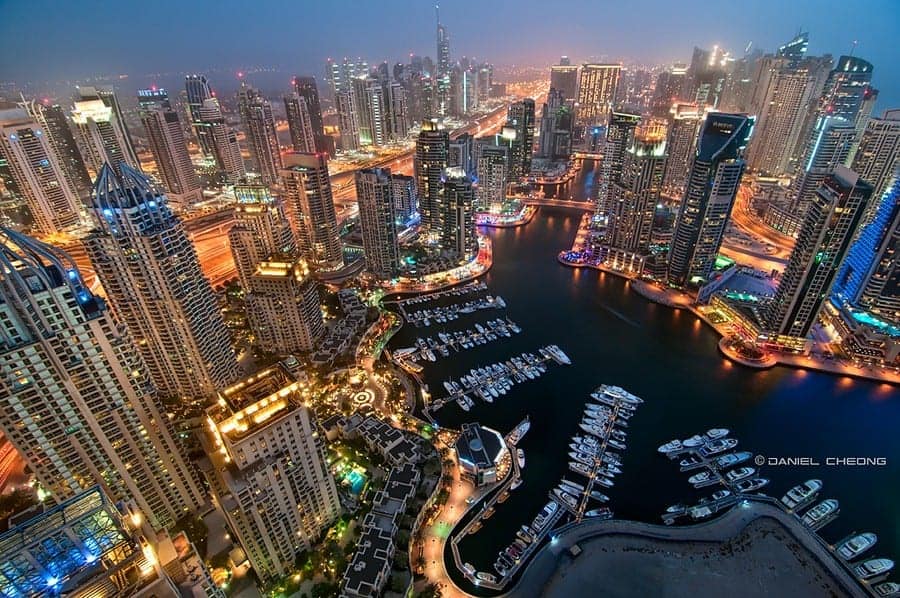My “developed” interpretation is a limited overall quality of life.
The overall standard of living is measured by a combination of various economic factors, including GDP per capita (PPP), HDI, and access to good quality education and health care (Human Development Index).
10. Morocco
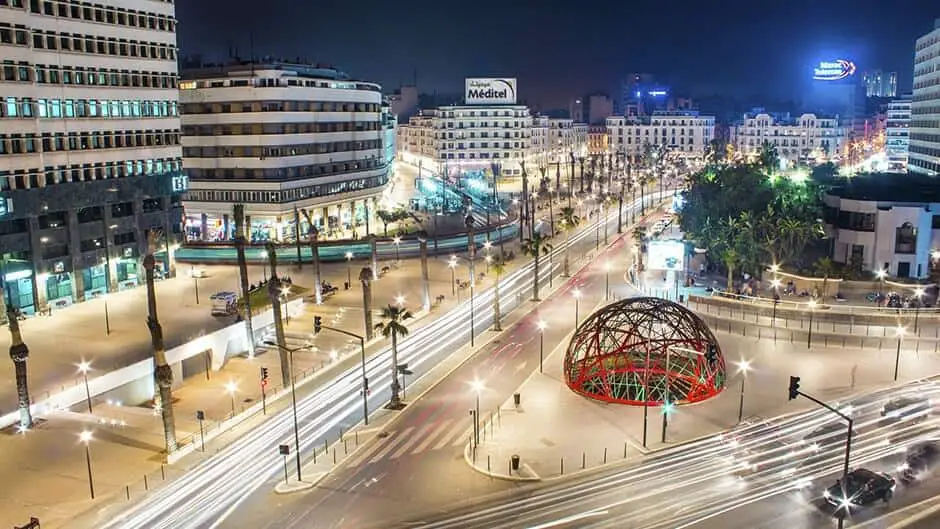
The Moroccan economy continues to depend greatly on the export of raw materials, as in many former African colonies.
Modern sectors, particularly tourism and telecommunications, are also becoming increasingly important to the economy.
In total, over 2/3 of the gross domestic product (GDP) is accounted for by the modern part.
Although only about one-third of the nation’s workforce is employed.
In fact, Morocco’s economic growth is still fragile and vulnerable, despite these diverse political pursuits. Morocco, overall, is growing slowly but steadily.
9. Egypt
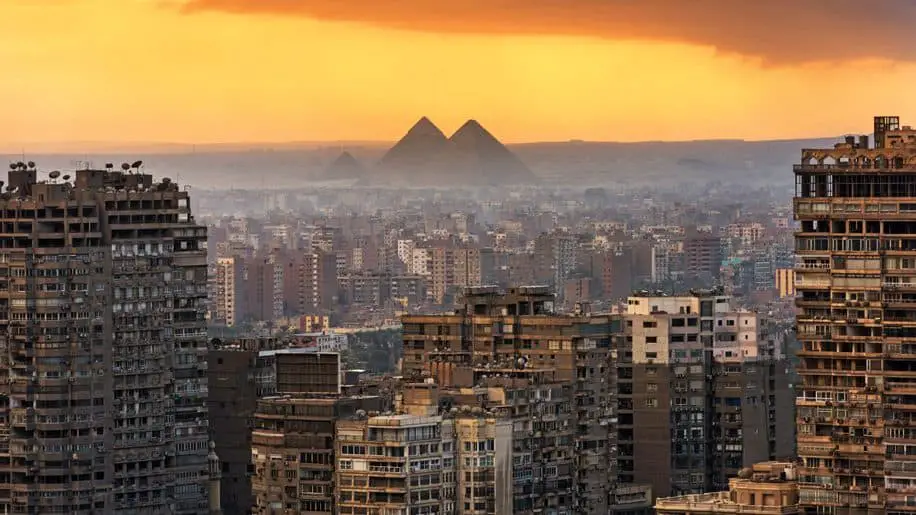
President Gamal Abdul Nasser’s economy is a highly centralized economy focused on substitution for imports.
Egypt has helped to move toward a more market-based economy since 2000 with the pace of structural reforms, including fiscal, monetary policy, taxation, privatization, and new corporative laws.
After a difficult year, economic fundamentals stabilize with reduced fiscal deficits, reduced inflation, decreased external deficits, and increased output growth.
8. South Africa
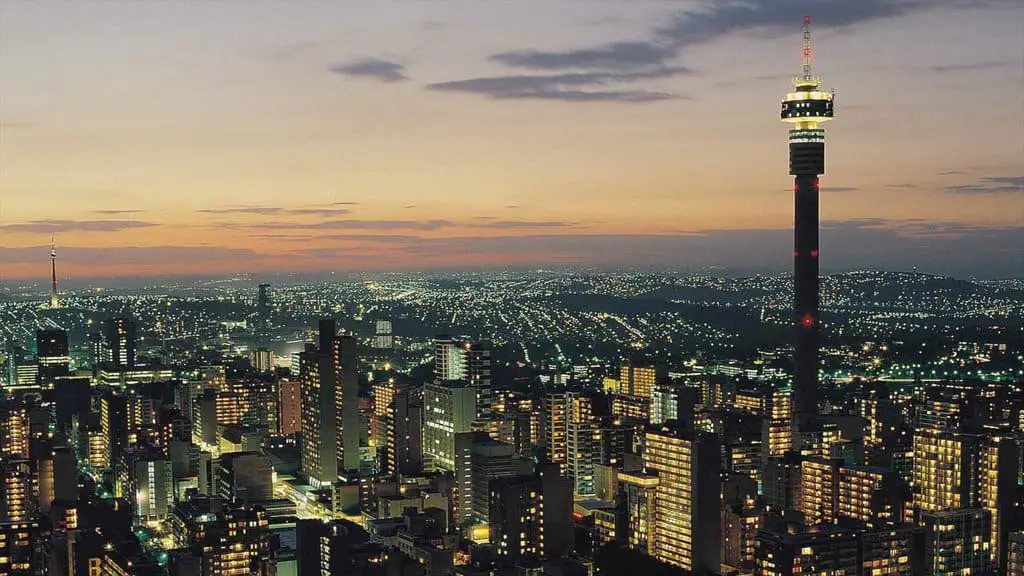
Since the end of apartheid in 1994, South Africa has seen considerable growth, but the gains are still unevenly distributed.
The South African economy could be one of the richest in Africa, with a steady democratic functioning for two decades.
But South Africans heavily dependent on mining.
7. Gabon
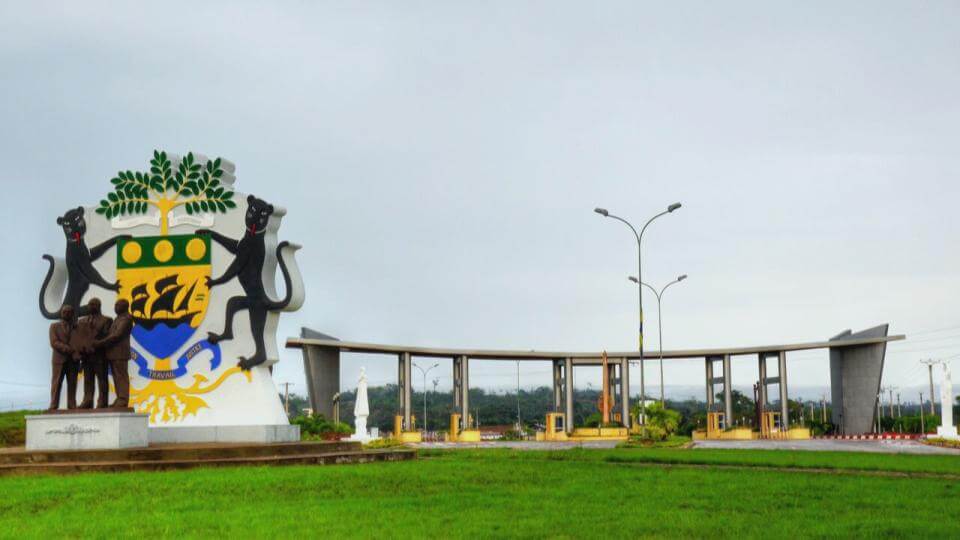
I didn’t know anything about Gabon until I saw an ad on a business news channel urging investors to invest in the otherwise unknown country.
Then I glimpsed over the numbers and realized, the numbers do show some potential.
The country has an abundance of natural resources (85% rainforest), but political instability is the only problem.
Despite abundant natural wealth, the economy has been stifled by poor fiscal management and over-reliance on oil. Cuts in power and water scarcity are still common.
Gabon has one of the highest average incomes per capita in Africa.
6. Libya
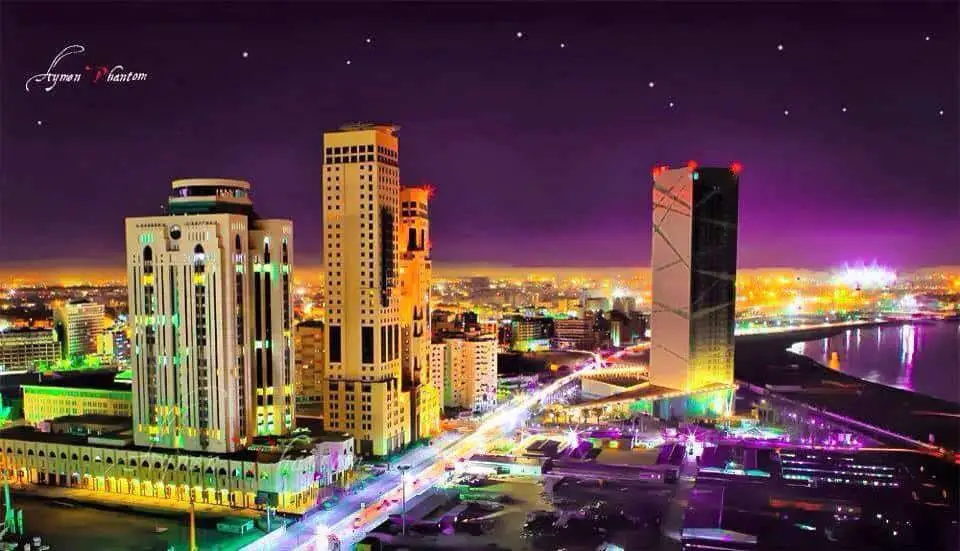
Libya, a country located in North Africa. The Sahara desert mostly covers the country’s land, and most of its inhabitants reside on the coast.
Economic recovery and development in Libya have been fragile and uneven.
It’s because of political instability, religious clashes, and political threats from domestic and foreign followers of the Islamic State.
In the late 1950s, Libya had previously been regarded as a poor country in natural resources and severely restricted by its desert environment. The country reliant almost entirely on foreign aid and imports to sustain its economy, this situation was significantly changed by the discovery of oil reserves.
5. Botswana

Botswana, a landlocked country of 1.8 million people in southern Africa.
For more than three decades after its independence in 1966, the country stands at the highest per capita growth in the world.
Diamonds ores were found in the early 70s, which is directly a major factor for the bulk of its growth.
The rich minerals (diamonds) and sound governance have made it an upper-middle-income country.
Its government has an agenda to become an income-growing country by the year 2036.
Botswana has had strong and stable growth since its independence, and despite diamond market weaknesses and volatility, considerable fiscal buffers and prudent policies play a key role in protecting its economy.
4. Tunisia
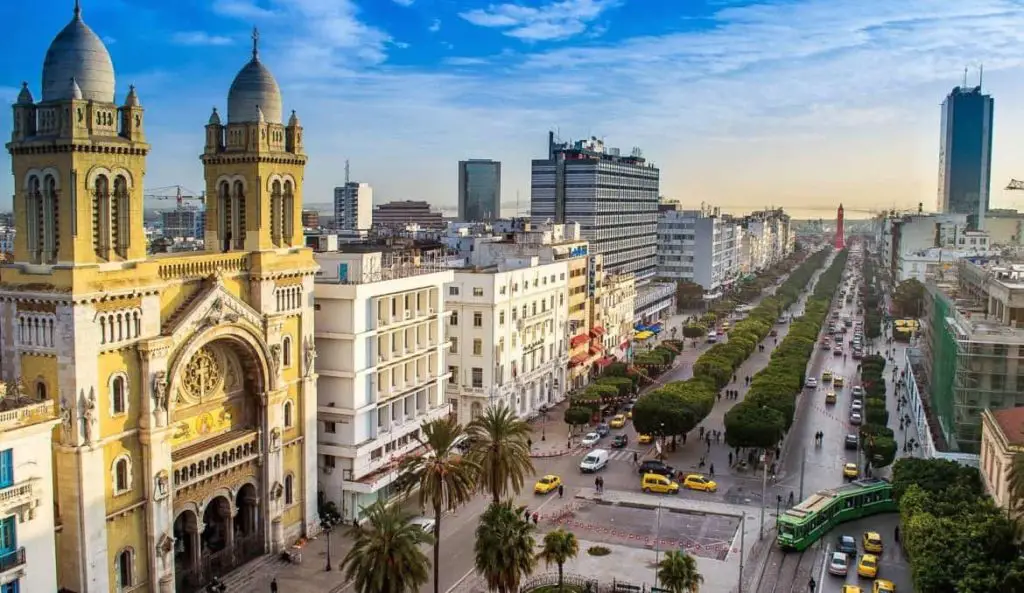
The economy of Tunisia is not in good condition.
It was suffered by several negative shocks early after the 2011 revolution (demise of the dictator, Zine El Abidine Ben Ali), including the collapse in tourism, the loss of the Libyan market and the fall in production of phosphates and oil, as a result of the poorly managed disputes between the workforce and state-owned companies.
3. Algeria
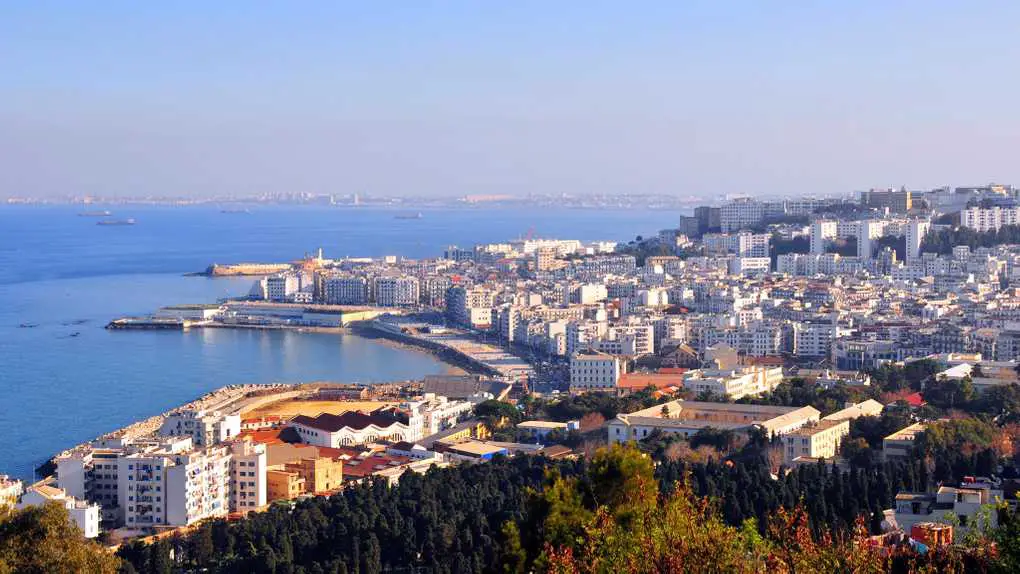
Despite being the tenth biggest country in the world by area with an abundance of natural resources, Algeria is currently facing a huge task of improving its economy.
The country is currently pressing demands of a young, growing, and increasingly restless population.
It has to find an alternative source of capital (through foreign investments) as the economy continues to depend almost entirely on oil and gas, which accounts for 95% of exports of commodities.
But the good thing is is that the Algerian economy (compared to other African states) is stable and had been in operation and most of its major companies and banks are in the state.
Measures to encourage increased competition and to establish a fight against the trust are also in its infancy.
2. Mauritius
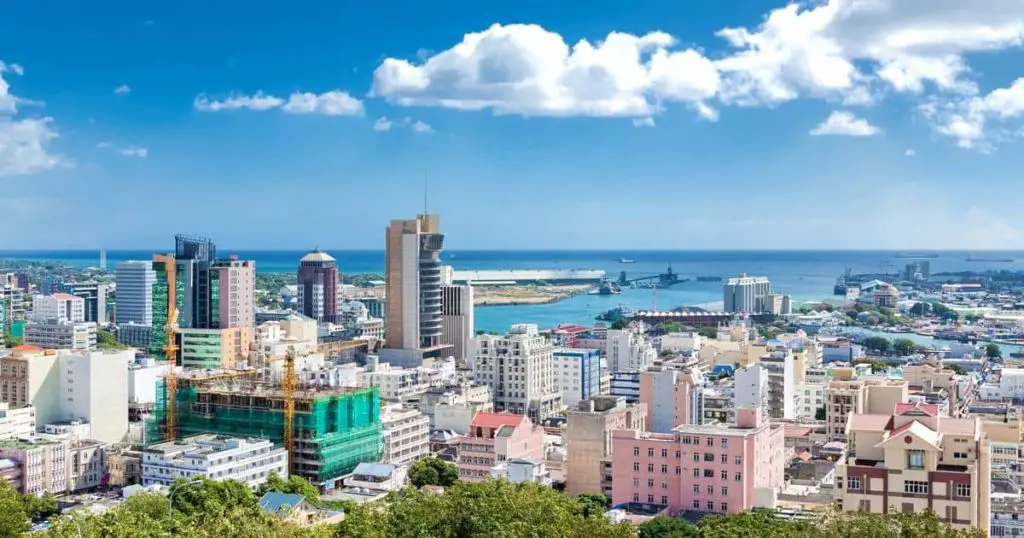
Mauritius is an island with 1.3 million people located off the south-east coast of Africa, near the French island of La Reunion.
Mauritius is classified as the most competitive economy in Sub-Saharan Africa by the World Economic Forum.
Strong governance, political stability, and open regulatory systems have been fundamental to its financial performance.
These conditions are ideal for FDI and FII’s to help contribute its development through funding.
Since its independence Mauritius has successfully moved from an agricultural to manufacturing, financial services economy, supported by a constant growth in tourism.
But still, the tourism sector is the biggest contributor to development.
It has a gross domestic product nominal per capita at $9,620, which is comfortably extremely solid compared to $1,850 the African average.
1. Seychelles
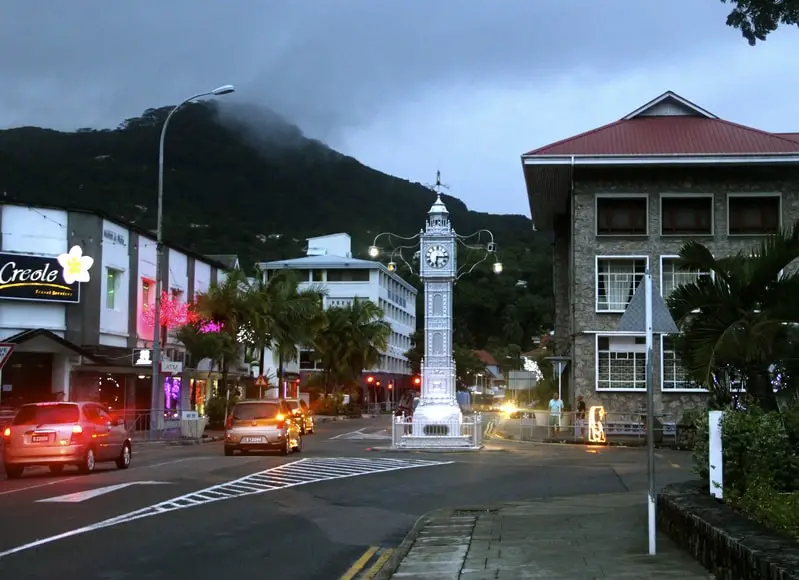
The recent performance of Seychelles was strong and benefited from the ongoing growth of the tourism industry.
Today the archipelago of the Indian Ocean boasts high revenues, good health care, and education per capita.
The Seychelles economy consists of fishing, tourism, coconut and vanilla processing, coir (coconut fiber) rope manufacturing, boat construction, printing, furniture, and beverages.
